Electric cars – like almost all cars – lose value over time. This is known as depreciation, but is it any worse for electric cars than for regular, fuel-powered cars?
This guide will talk you through what you need to know about electric car depreciation. We'll see how the depreciation rate differs from petrol and diesel models, and look at what that means for buyers of used electric cars.
If you're thinking of trading in your current model, get a quick, competitive quote for selling your car to Motorpoint.
What is EV depreciation?
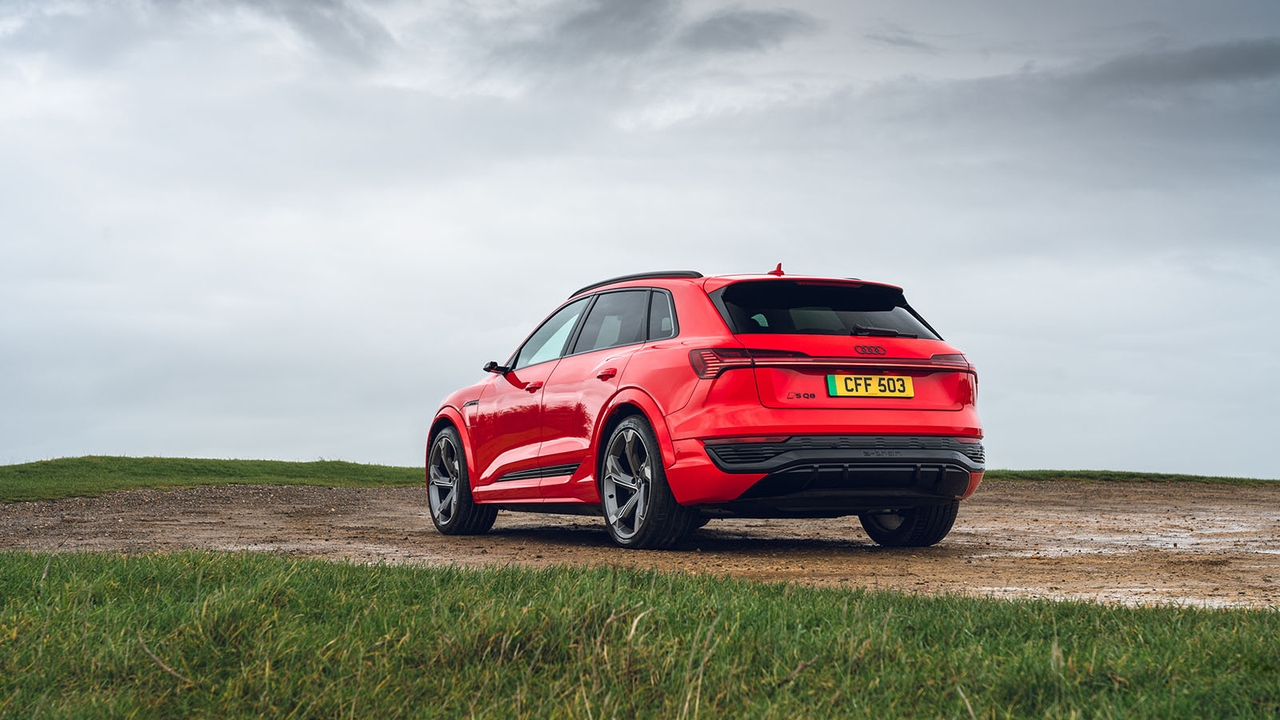
Depreciation is where a car loses value over time – it affects electric cars just like it does cars powered by petrol or diesel. This is why your car is worth less money when you sell it than when you first bought it.
Different cars depreciate at different rates – some losing value a little faster, while others hang on to a larger proportion of it for longer. This is particularly relevant if you're thinking of buying a car with PCP finance because your monthly repayments will be heavily influenced by how much the car's predicted to be worth in the future.
Do electric cars depreciate faster?
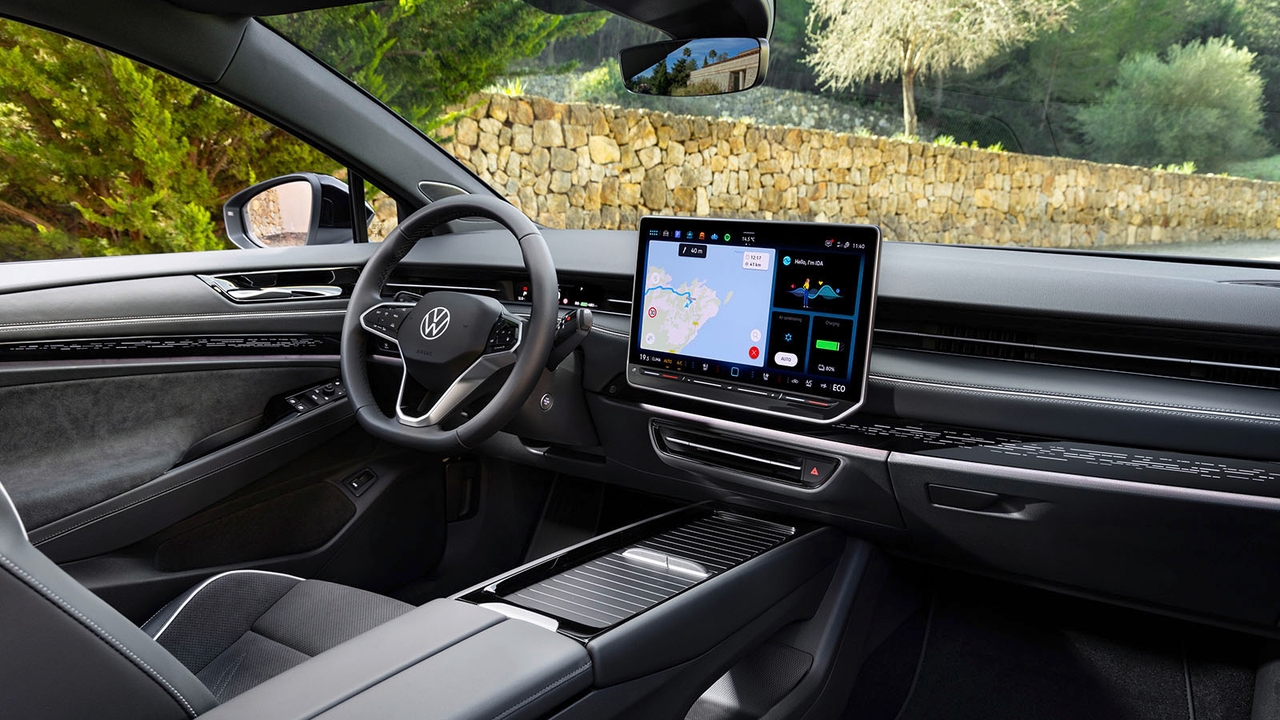
Market data from providers like Autotrader shows that EVs depreciate very slightly faster on average than petrol and diesel-powered models.
The biggest drop in EV value relative to fuel-powered cars is within the first 12 months. After that point, the rate of depreciation for each following year tracks more closely to non-EVs.
EV depreciation vs fuel-powered (ICE) cars
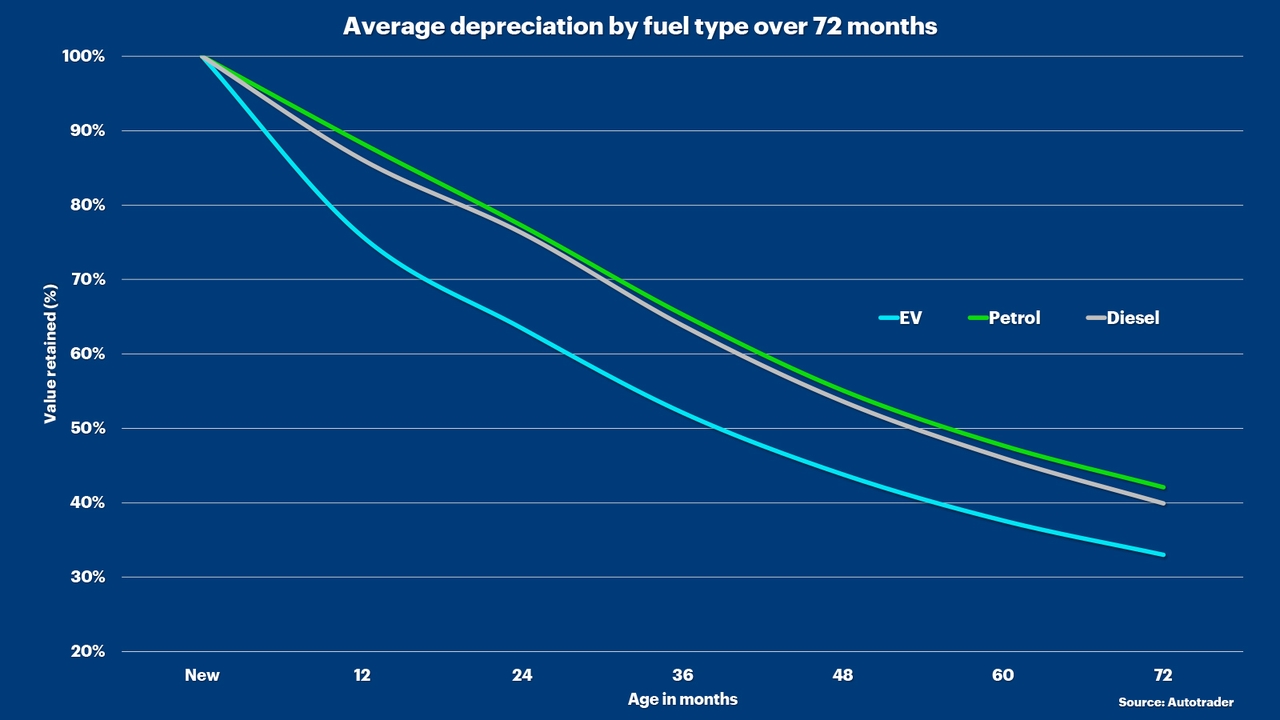
This chart tracks the average rate of depreciation for electric cars against petrol and diesel models. You can see that EV values drop more steeply than fuel-powered cars in the first 12 months, and then the depreciation rate slows down, remaining roughly in line with non-EVs.
Bear in mind, when comparing like-for-like EV and fuel-powered models, that brand-new prices for battery-powered cars are higher on average. This means used electric cars, after they're hit with some depreciation, will often end up priced similarly to their fuel-powered counterparts, rather than undercutting them.
Why do electric cars depreciate faster?

There are several factors at play that determine how fast a car depreciates. Some are universal regardless of the fuel type such as age, mileage, condition, number of previous owners, and service history.
Desirability and brand image also play a key role, with in-demand marques holding on to their value more effectively than niche or obscure manufacturers. This can help values of some popular EVs, like Tesla models, or knock values of EVs that haven't performed as well in reviews.
EV depreciation is also impacted by a volatile market. Reports of less-than-ideal residual values for EVs can impact market confidence, producing a negative feedback loop that further pushes average values down. For many potential EV buyers, there's also the question of how long the battery will last.
How long do electric car batteries last?
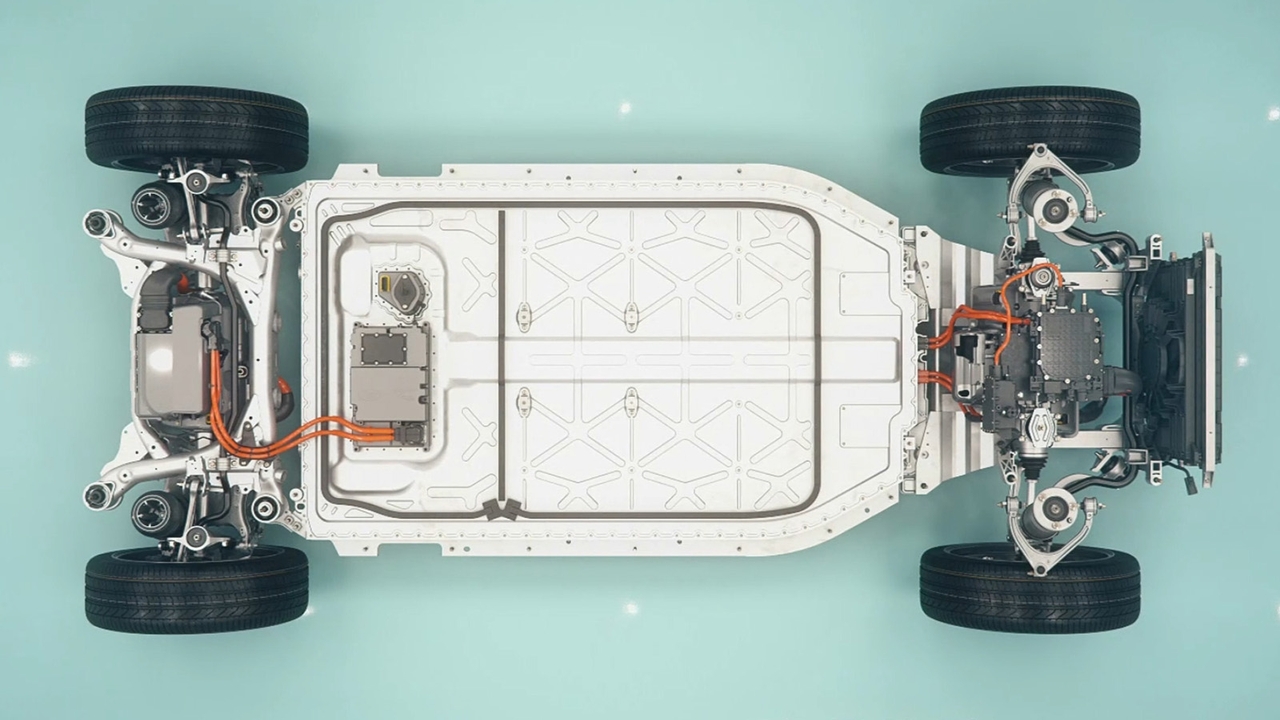
A factor that's specific to EV depreciation is the service life of the battery. If you've tried to use an old laptop or smartphone, you might be familiar with the fact that old, degraded lithium-ion batteries eventually stop being able to hold a charge.
In the event that an EV's battery pack fails, you'll likely be facing a low-five-figure replacement cost which, for many, is unaffordable. This is impacting confidence in EVs on the used market, which can have a knock-on impact on their residual values.
The majority of EV makers warranty their battery packs for around seven years – guaranteeing they'll retain a certain proportion of their original capacity. However, anecdotal evidence suggests EV batteries should be able to last substantially longer than this if properly cared for. Electric cars use far more advanced battery monitoring and cooling systems than consumer electronics, which promotes a long service life.
How does depreciation affect used EV values?
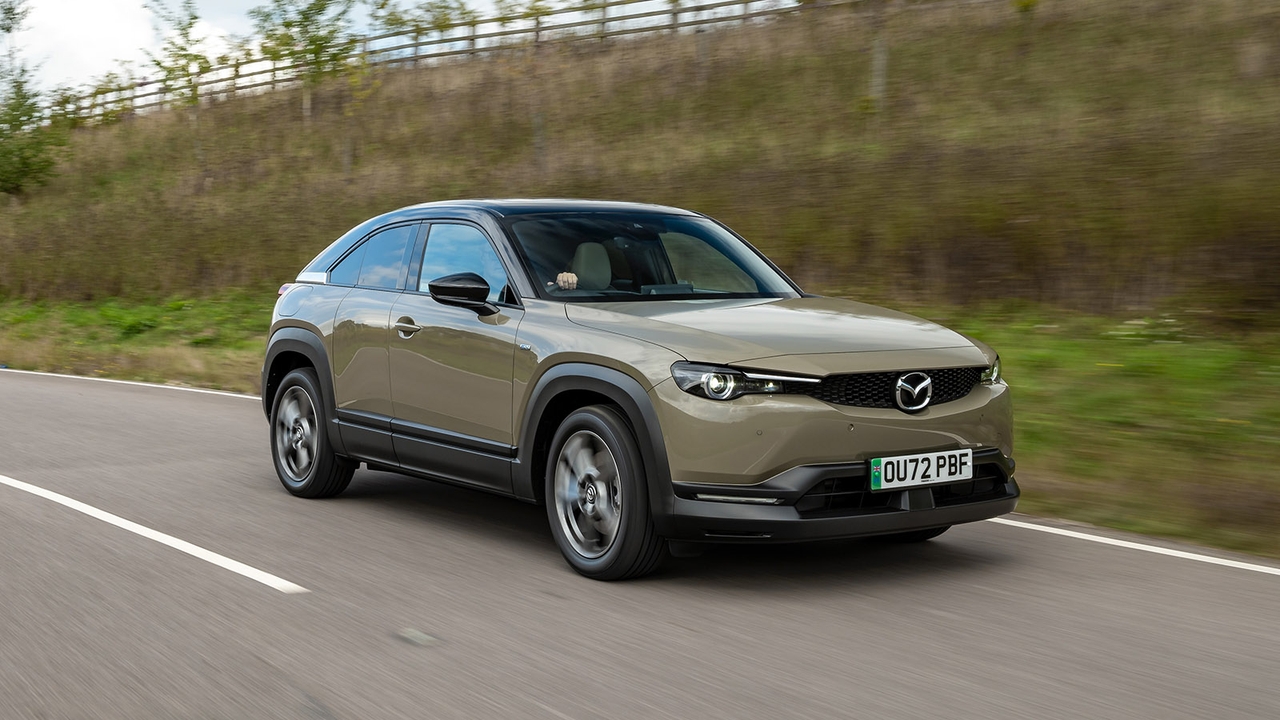
Depreciation for EVs is something of a double-edged sword. On the one hand, it means buyers of brand-new battery-powered cars lose more of their investment to depreciation during their ownership. This means they might need to put more money in when trading to their next car because they'll have less overall equity to use.
On the other hand, steeper depreciation rates for EVs are good news for used-car buyers. Buying an EV that's just 12 months old means you'll usually get a much larger discount off the brand-new price than you would for an equivalent fuel-powered car. Some electric cars – such as the Peugeot e-208 and Vauxhall Corsa-e – have fallen to the same price on the used market as their fuel-powered siblings, having cost noticeably more when brand new.
Does brand matter when it comes to depreciation?
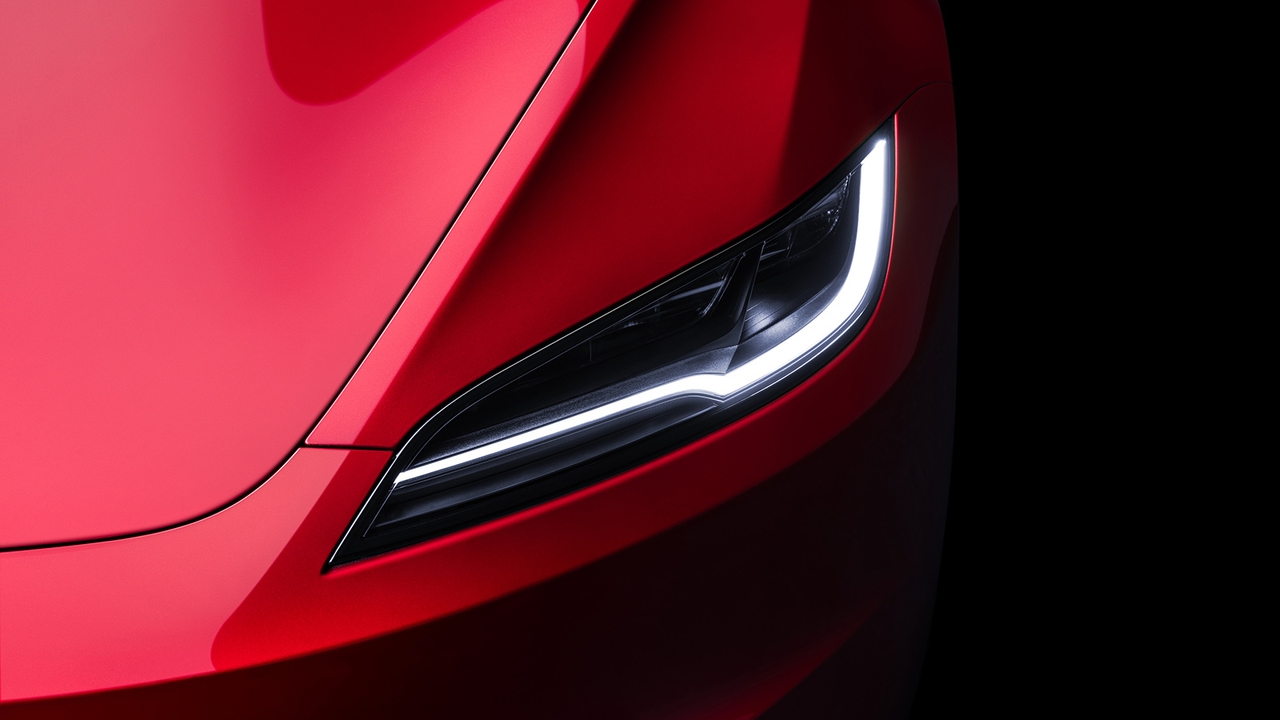
Broadly speaking, yes – a car's brand does have an impact on its rate of depreciation. Electric cars from desirable brands like Tesla, Mercedes and BMW usually hold their value better than some more mass-market alternatives.
However, used-car buyers can use this effect to their advantage. Hunting down less desirable or more obscure models that have seen steeper depreciation rates means you might be able to get a bargain compared to a more desirable model with the same age and mileage.
Which electric cars hold their value?
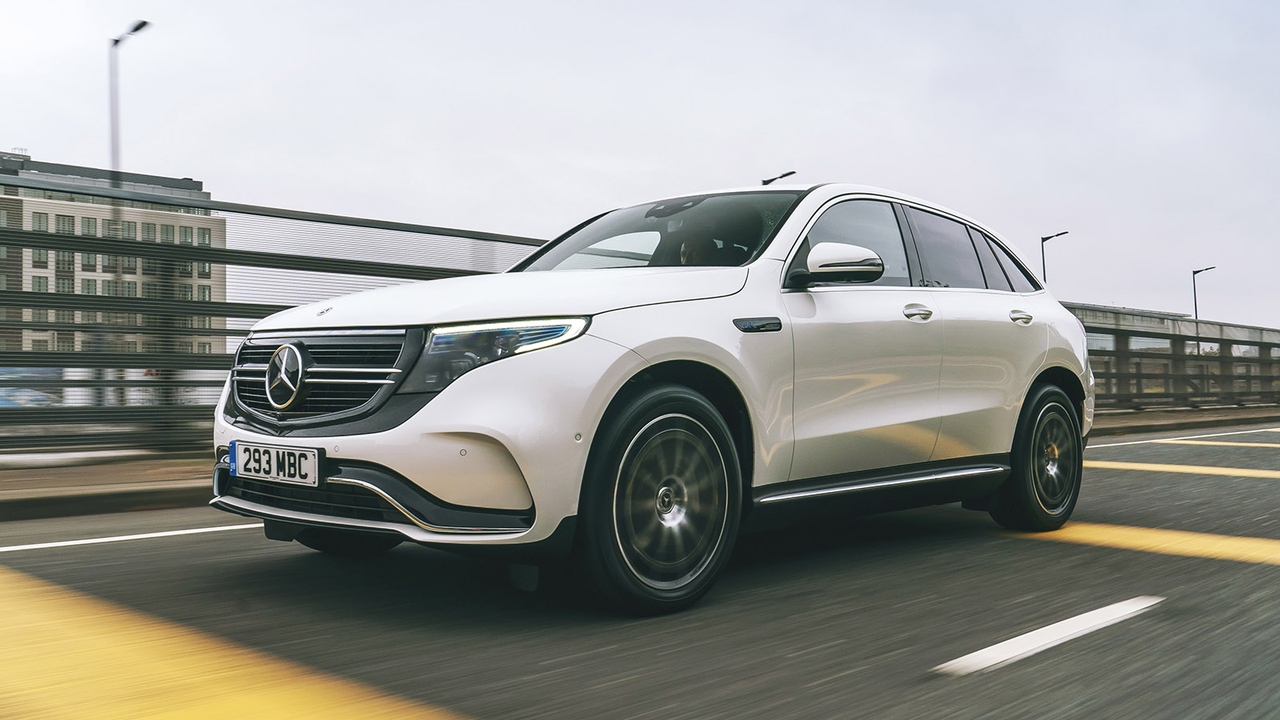
There are plenty of EV models that hang onto their value well. Here's a small selection:
- Tesla cars like the Model 3
- EVs from premium carmakers, such as:
- Mercedes EQC
- BMW iX3
- High-performance EVs like the Porsche Taycan
Find a great-value EV
Motorpoint has a huge selection of nearly new and used electric cars with huge discounts off their list price. To find some inspiration, check out our picks for the best EVs on sale.

































